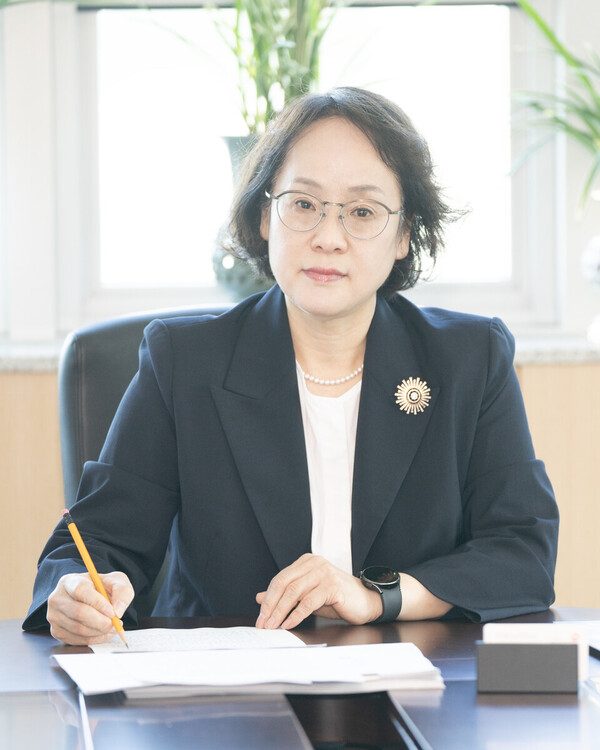In the aftermath of Covid-19, Korea's national health insurance system has attracted the attention of developing countries.
The National Health Insurance Service (NHIS) held the 20th International Training Course on Health Insurance from Sept. 15 to 20 with the attendance of health officials and influential scholars from home and abroad, attracting more than three times the number of applicants.
The international training course, held online for the past two years due to Covid-19, was held in person for the first time in four years. NHIS offered it in a lecture-type program where trainees could discuss global healthcare issues, health insurance performance, and tasks and in a participation program where trainees could have experiences.
In particular, the course that targeted the needs of the trainees by focusing on the practical part and the process of stabilizing the health insurance system in a short time received a great response, according to the NHIS.
Behind the successful targeting of trainees’ needs is the Research and International Cooperation Office, which did all the legwork in the field.

"We met with Korean and foreign organizations with overseas regional offices and healthcare professionals to find out what their concerns are for ensuring public health," said Shin Soon-ae, senior director general of the office who designed the international training program, in a written interview.
The common issue that emerged was "How to increase the number of people covered and expand salary security with limited resources. As the NHIS had the same concerns at the beginning of the program, the state health insurance agency had incumbent officials at related departments deliver such know-how.
However, to balance the lecture content so that it would not focus only on a few issues, NHIS invited academics and experts in related fields. To educate the trainees on the latest international healthcare issues, sitting officials at international organizations shared their ideas with the trainees.
"The biggest concerns of countries in the early stages of introducing the system are expanding the insured population and collecting funds," Shin said. "For practical sharing, we organized lectures and question time by the planning director of the corporation, and internal experts as lecturers to enhance understanding of the system and cases."
Shin said that NHIS invited academics and experts in related fields, such as Seoul National University and Kakao Healthcare, to deliver objective content, not just from the agency’s perspective. The trainees also had a chance to share their opinions with the incumbent officials of the World Health Organization (WHO) and the Asian Development Bank (ADB), she added.
NHIS aims to ensure that development cooperation projects for system stabilization are organically connected through the international training course.
As a result of the monitoring of the pilot project to expand subscribers in Ghana in 2017, a related course was established at the University of Ghana, and the NHIS has made some changes in the country through international cooperation and development projects, according to Shin.
"We will maintain the human network created through the training program, such as holding regular gatherings of health insurance international training program graduates so that the training program for capacity building and the development cooperation project for system stabilization can be organically connected," Shin said.

